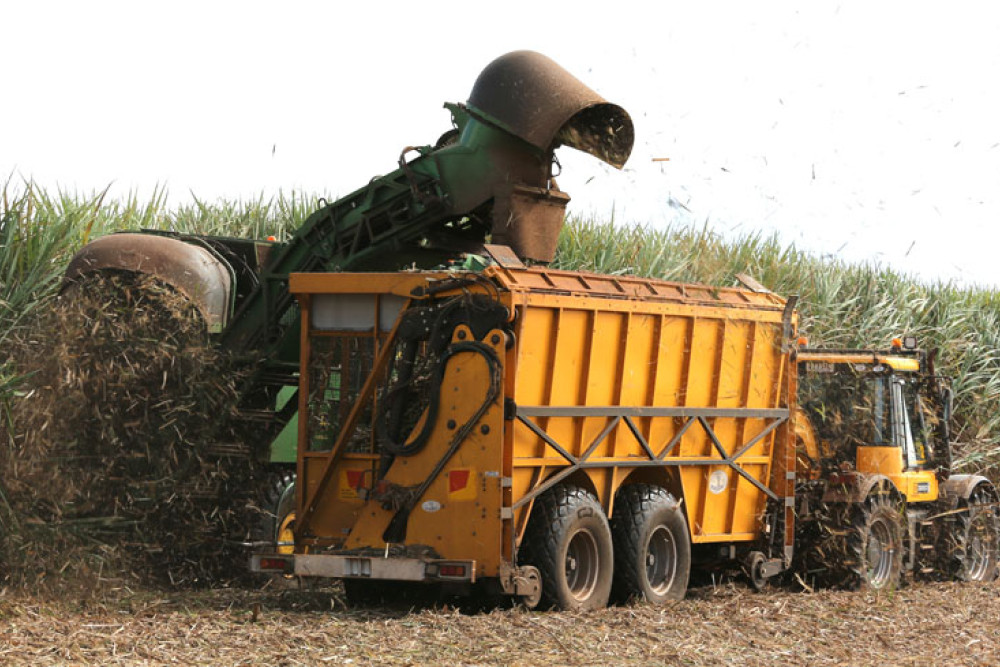On The Land
20 October, 2023
Cane harvest on home stretch
THE Cane season on the Tablelands is now on its home stretch, crushing more than 75% of crops since the season kicked off in May.

Queensland’s 2023 sugarcane harvest will be an estimated 30.1 million tonne crop, cut and crushed at the state’s 19 sugar mills.
Sugarcane is the second largest agricultural export in Queensland.
Rain early in the season, combined with below par mill performance, had delayed the crush in some districts, but the long expected El Nino has brought ideal harvesting conditions, enabling many districts to make up ground in recent weeks.
The problem-plagued Rocky Point district is struggling to get its season up and running.
Canegrowers chairman Owen Menkens said it was “a bit of a mixed bag” across the industry.
“After falling behind early in the season, the dry weather has helped us make up ground and, if the weather holds and the mills perform as they should, we’re expecting most districts will finish crushing in late-November or early-December,” Mr Menkens said.
“There are a few mill areas, however, where crushing is likely to continue into the Christmas curfew period.
“Rocky Point in particular is really struggling due to ongoing problems with the mill’s cogeneration plant.
“It’s an infuriating and frustrating situation for growers in the district and sadly, it seems to be a perennial problem.”
On a positive note, Mr Menkens said 40% of Queensland’s cane growing area is now accredited in the industry-led and government-funded, best management practice (BMP) program, Smartcane BMP.
“This is a real success story of the industry, especially when you consider that the uptake of similar programs in other Australian ag sectors is significantly lower, often not even in the double digits,” he said.
“Smartcane BMP is recognised by global sugar sustainability gatekeepers Bonsucro, ProTerra and VIVE as meeting their sustainability criteria.
“That means 40% of the raw sugar exported from Australia is certified as sustainably produced.
“This is a huge selling point for Queensland sugar at a time when consumers are actively seeking out sustainable products.”
Mr Menkens said growers are putting a lot of time, money and effort into proving their sustainability credentials, and Canegrowers has worked with KPMG to develop a blockchain platform which can trace sustainably grown sugarcane from the paddock to the packet.
“The onus is now on sugar marketers to do their part and make sure growers receive the true value of their product,” Mr Menkens said.
“For several years Canegrowers has encouraged growers to become certified, not simply to improve their farming systems and increase the efficiency, productivity and profitability of their businesses, but also on the promise that accreditation would one day attract a premium for their sugar.
“It has taken a lot of time and effort, but we are finally on the cusp of realising that goal, as the recent shipment of sustainably grown sugar to the United Kingdom proves.
“The government is playing its part, opening new markets for Australian sugar, and the growers are certainly doing their bit, adopting sustainable farming practices and seeking Smartcane BMP certification.
“But if we want to build on the momentum of the Smartcane BMP program and revitalise the industry through diversification, for the benefit of the entire supply chain and the communities in which we operate, then growers must be recognised and rewarded for their efforts.”


